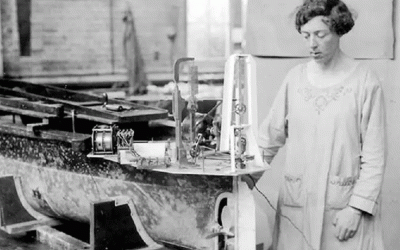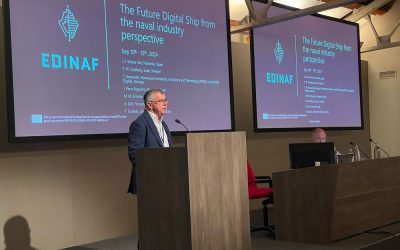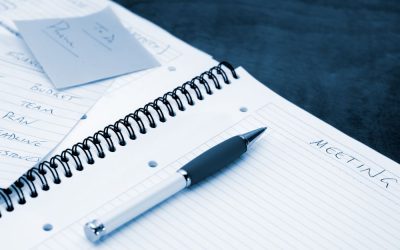The Naval Architect: September 2019
On 31 December 2018, the European Union’s Ship Recycling Regulation (EU SRR) entered into force, prohibiting or restricting the use of hazardous materials onboard EU-flagged newbuildings and EU-flagged vessels heading for demolition at recycling yards. It is estimated that some 35,000 ships will be affected by the legislation, which in effect represents a localised phasing in of IMO’s Hong Kong Convention (HKC) for the Safe and Environmentally Sound recycling of Ships.
For shipowners it represents further administrative burden on top of the EU Monitoring, Reporting and Verification of CO2 emissions (EU MRV), IMO’s parallel Data Collection Scheme (IMO DCS) for fuel consumption and, of course, the pending sulphur cap.
However, there is a growing acceptance within the industry of the HKC’s importance in both environmental protection and improving the often-appalling health and safety standards endured by workers at recycling facilities in South Asia, where 90% of vessels are scrapped.
One company that could be said to have a foot in both camps is Verifavia, a third-party consultancy with a presence in both Europe and Asia, that provides independent environmental verification, certification and auditing services for commercial transportation and recently it has extended its auditing services to include verification of the Inventory of Hazardous Materials (IHM) that must be held by ships as part of EU SRR.
Gap in the market
Yuvraj Thakur, commercial director of Verifavia Shipping and its lead IHM expert, explains that the company first became aware of a gap in the market for EU SRR services through its EU MRV work. “The regulation is prepared by the EC but has guidelines which are provided by the European Maritime Safety Agency (EMSA), so we were working in much the same domain,” he says.
“So, from last year we started to research it. But it’s not just a case of going onboard a ship and becoming an IHM inspector. I was the first one in the company to attend a four-day training course held by DNV GL, which involves going onboard vessels and learning how to take samples to check for substances such as asbestos [as detailed in the Annex for EU SRR 1257/2013].
“These samples are then sent to an independent ISO certified lab and they generate a report that is submitted to the class society. Of course, the class may have a few additional queries but if these are resolved then eventually they will issue a Statement of Compliance to the ship.”
Verifavia now has a 15-strong team of trained HazMat experts based out of its Indian office, including a quality controller who has been working in IHM since 2009. “We wanted the service to have the same DNA as for our EU MRV services, so invested a lot into the training of our people,” says Thakur.
IHM ignorance
Thakur says there remains widespread ignorance about the nature of EU SRR and HKC, and this is contributing to conflicting information and application of standards. “The purpose of IHM is not just to have a document onboard but that 10 years down the line, at the end of a vessel’s life, is that the ship recycler has this document and understands that before touching a particular segment of the vessel, he should take precautions for handling those hazardous materials.”
India remains one of the world’s major recycling hubs, however no Indian yards have yet been included on the European List of approved recycling facilities. A number of Indian yards have now been issued Statements of Compliance (SOCs) by classification societies indicating that they meet HKC requirements, but the consistency of these standards has been widely questioned.
Thakur says that Verifavia, with a team that includes experience of handling recycling projects, is keen to lend its support to the relevant authorities. “What has happened, particularly with regard to India, is that there has been no voice on the ground from the country of origin. I’ve discussed it with a local class society and told them they should really be at the forefront of backing these regulations… At the end of the day it should be about making the lives of shipyard workers better.”




